High-Level Sessions on Smart Cities, Innovation, Digital Economy, and Sustainability during AIM Congress 2025
Abu Dhabi, UAE – April 10, 2025: Among the numerous roundtables at AIM Congress 2025, global city leaders also gathered for the “City Mayors'Roundtable: Global Digital Cooperation – Mayors Leading the Way,”a high-level dialogue focused on advancing digital transformation and smart city innovation.
Berangere Boell, United Nations Resident Coordinator, emphasized the critical role of local leadership in driving global development whileTunbosun Alake, Honorable Commissioner for Innovation, Science & Technology from Lagos State Government, outlined Lagos's tech-driven transformation through a seven-pillar innovation plan, expanded digital infrastructure, and youth talent development. In unison, John-Charuk Saah Siafa, Mayor of Monrovia City Corporation, shared how Monrovia is digitizing its revenue systems, training youth in digital skills, and piloting smart waste management solutions to improve urban services and Amable de Jesús Hernández, Mayor of San Jose de Colinas, focused on expanding internet access, promoting digital education, and using technology to increase government transparency as part of Latin America's post-COVID recovery. Meanwhile, Tamraz Taghiyev, Chair of the National Association of City Municipalities of Azerbaijan, highlighted the importance of improving rural connectivity, advancing smart city initiatives, and ensuring strong alignment between local and national governments. Across the board, city leaders agreed that accelerating digitalization requires talent development, knowledge sharing, strong policy frameworks, and inclusive access.

Parallelly, Leaders in technology and innovation gathered for a powerful session on “Leadership in Scaling Digital Economies – Reimagining Economic Creativity, Connected Industries, and Sustainable Societies.”Held under the Digital Economy portfolio, the discussion was moderated by Paul Hamilton (Ibtikar) and emceed by Zulf Hyatt-Khan (Council of Slovak Exporters) and the panelists explored AI's role in shaping inclusive, sustainable economies.
Key themes included the ethical use of AI, the urgency of upskilling, and the need for emotional intelligence in tech leadership. “AI enables personalization at scale,” said Mohamed Emad (IBM MEA) while Charles Austen Angell (EPIRA.ai) added, “We're not trying to create standardized intelligence—no two people think the same.”
Ajibola Odukoya(AfriLabs)urged, “We must invest in ourselves and unlearn what we know,” highlighting agility as a path forward. Joseph Musolino(SAS Institute) called the current wave an “AI renaissance,” cautioning against unchecked advancement. Nicola Bettio (Sharjah RTI Park) emphasized AI's power to democratize education, while Zulf Hyatt-Khanclosed with a call for emotional intelligence and gender equity in tech. The message was clear that innovation must be human-centered to build a truly connected and sustainable digital future.
A Panel on Innovation and Entrepreneurship was also held discussing building Ecosystems for Impact. Moderated by Dr. Hashim Suleiman Hussein Mohamed, of UNIDO-ITPO Bahrain, this dynamic session spotlighted strategies to foster entrepreneurial success globally. Dr. Hussein introduced the Global Entrepreneurial Alliance, launched in January 2025, now active in 54 countries, and announced UNIDO's Global Call 2025, focused on youth-led, eco-friendly and digital innovations.
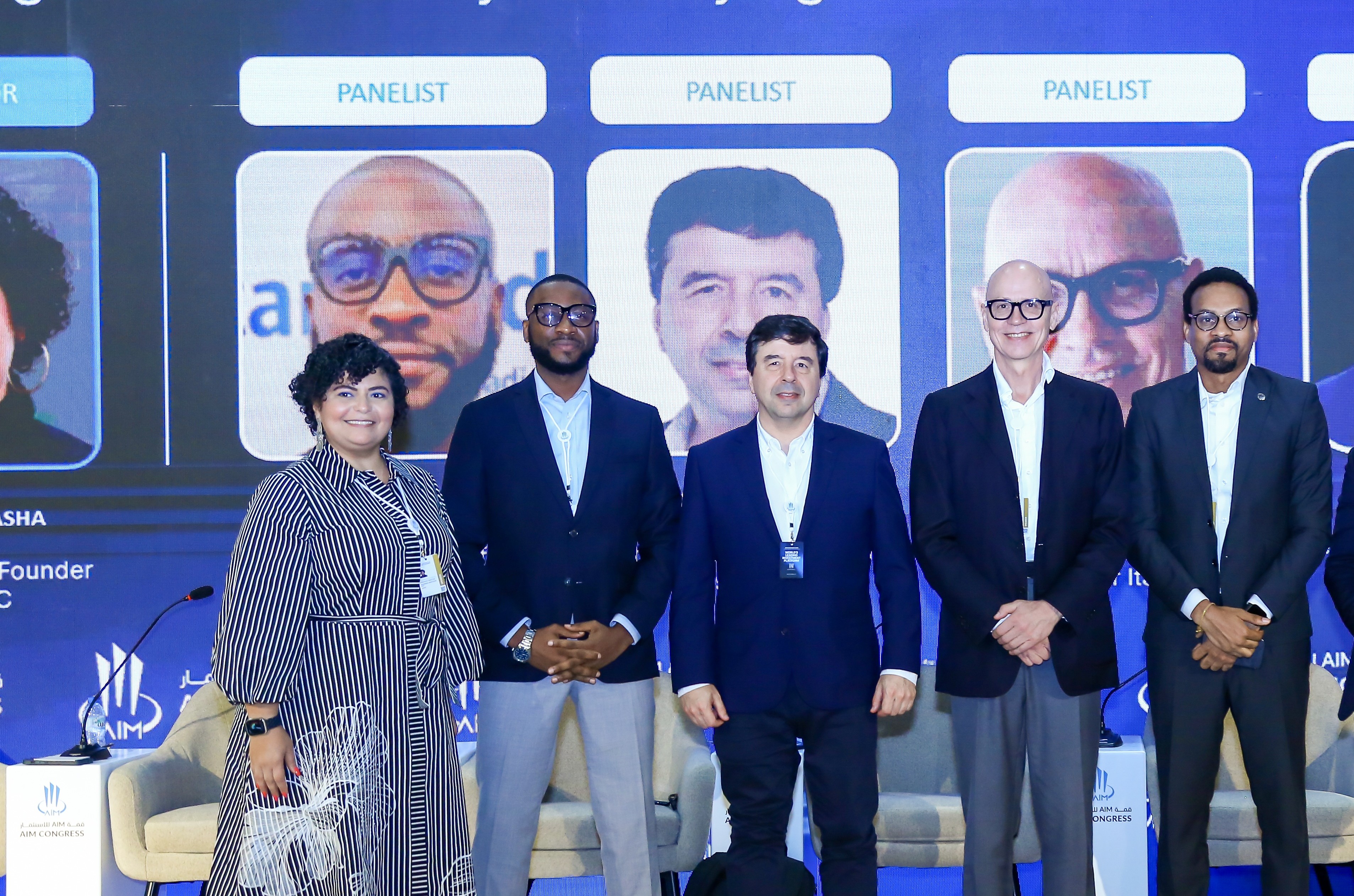
Dalal Alqais, CEO of Bahrain Development Bank, highlighted Bahrain's SME-friendly policies, including interest-free loans, women-focused programs like Riyadat, and the BHD 100 million Estimya Fund to help startups scale while Mohamed Aboud of the University of Dubai promoted the Triple Helix model and shared examples of university-to-startup transformations, including Saudi Arabia's billion-riyal Hajj innovation fund. Dr. Muhammad Sharif of ICESCO presented the 3A Model (Awareness, Acceptance, Action) and entrepreneurship programs reaching over 1,800 youth in 30+ countries, with a focus on clean tech and education and Fadi El-Din El-Maqboul, Plants Co. GM, emphasized four ecosystem pillars—infrastructure, policy, support, and culture—urging investment in local innovation with global potential.
On the other hand, a Fireside Chat titled “Sustainability in Startups: Green Startups – A Cross Cutting Topic with Investing Perspective”brought critical attention to the role of startups in advancing environmental and social impact.
Moderated by Liz Krymalowski of Orbillion Bio, the session featured insights from Gilbert Ewehmeh, Continental Coordinator at Accelerate Africa, and Lindsay Miller, Managing Partner at MENA Moonshots. Both speakers emphasized the importance of green startups in emerging economies, particularly in Africa and the MENA region, where sustainable innovation directly addresses local challenges such as waste management, pollution, and economic inclusion.
“Sustainability is not just a buzzword—it's about building businesses that last, create real value, and benefit both people and the planet,” said Miller. Ewehmeh highlighted the need for cross-border collaboration to scale impact, stating, “When Africa and MENA work together, we create a more resilient, interconnected innovation ecosystem.”
The discussion underscored that founders need supportive communities, inclusive policies, and investor backing to bridge the gap between long-term sustainability goals and short-term business pressures. With growing momentum, sustainable startups are poised to shape the future of regional economies.
Alongside the numerous insightful sessions and discussions held, The "AIM" Global Foundation concluded a series of high-level Memorandums of Understanding, reflecting their status as a catalyst for enhancing joint efforts among global partnerships and strategic economic cooperation. This affirms the success of the Summit and its ability to achieve its strategic objectives in enabling cross-border cooperation and shaping the future of global investment. Among the most prominent international entities and institutions with which Memorandums of Understanding were signed are: the American Chambers of Commerce, the Chamber of Commerce and Industry of St. Petersburg, the Business Support Foundation in the Sverdlovsk Region, the Eurasian Business Alliance, the International Chamber of Commerce in Kazakhstan (Atameken), the TMK Research and Development Foundation, the UAE-Russia Business Council, the Chambers of Commerce and Industry of the Ryazan and Tula regions, the Community Development Center in Armenia, the Chamber of Commerce and Industry of the Amur Region, the Chamber of Commerce and Industry of the Khabarovsk Region, the Investment Promotion Agency in the Krasnodar Region, and the Cheung Kong Graduate School of Business.
-Ends-
www.aimcongress.com






















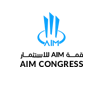
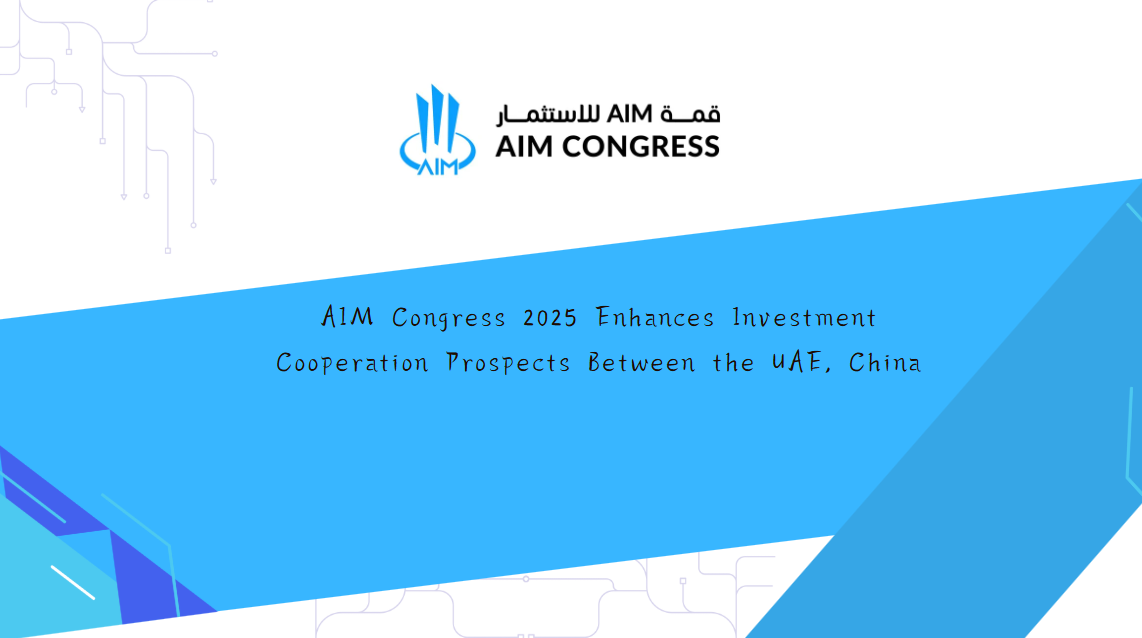
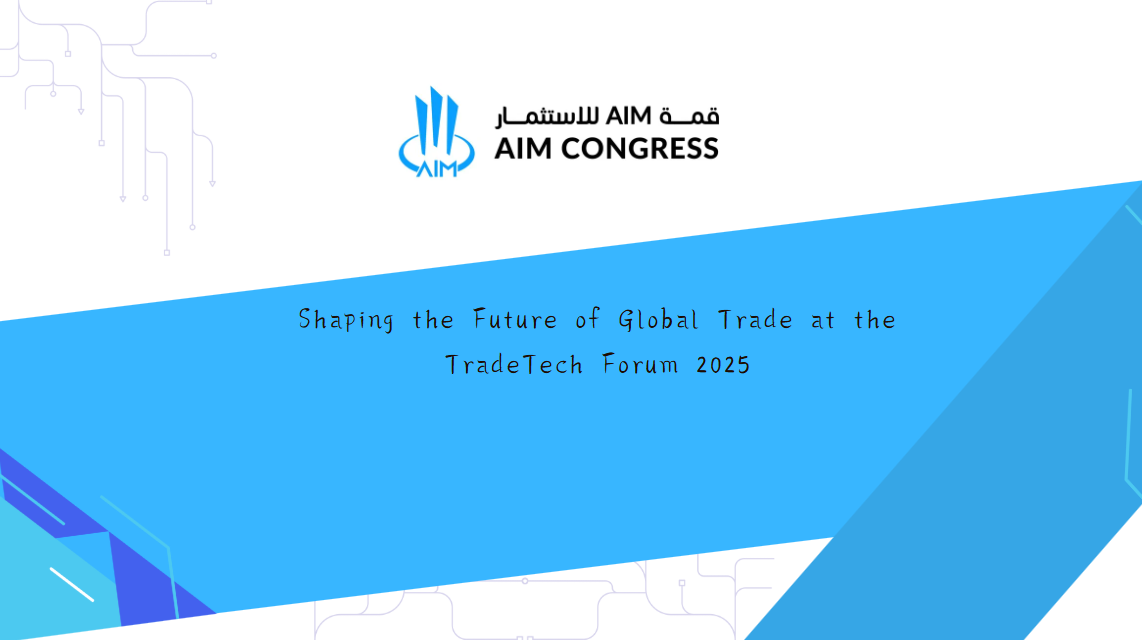
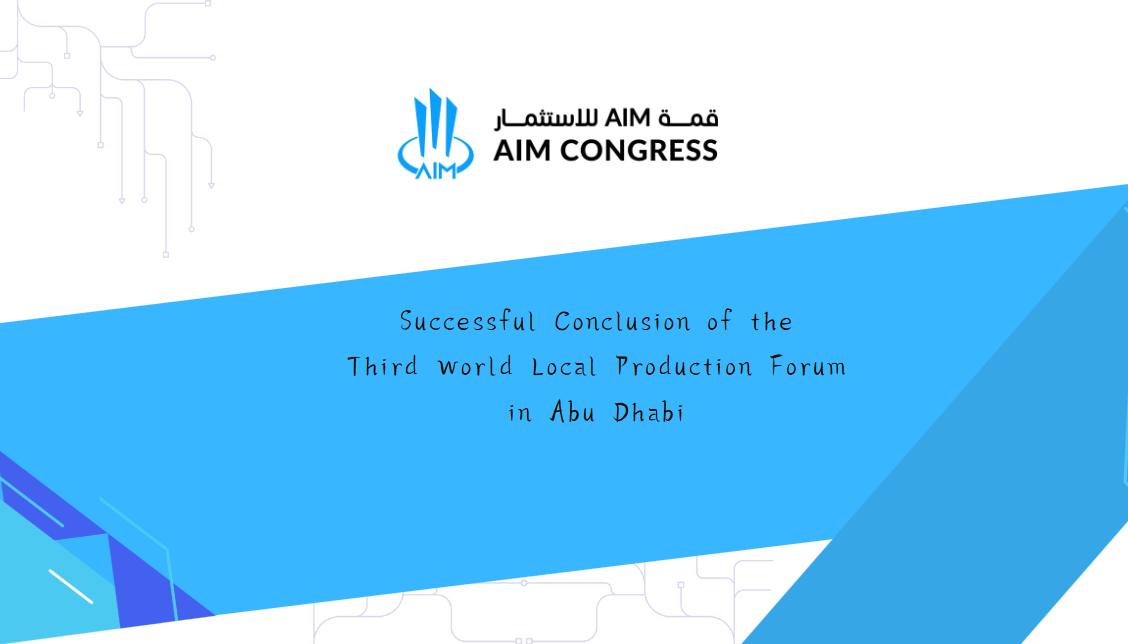
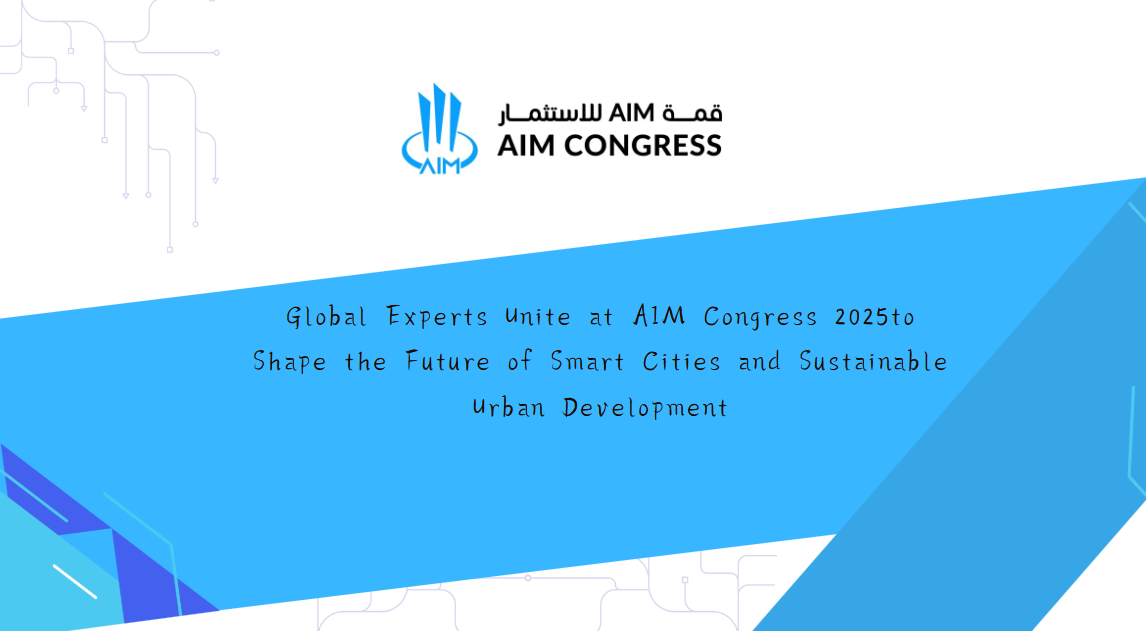



























First, please LoginComment After ~